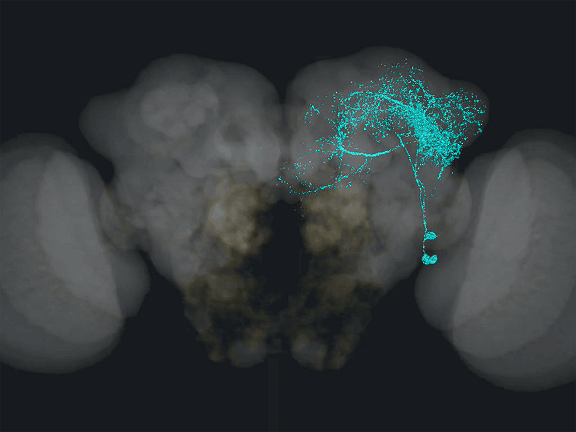Dopamine may regulate male sexual behavior: NCNU study

Dopamine levels may be the key to unlocking the mysteries of male sexual behavior – from attraction and courtship to libido, a recent fruit flies study led by the National Chi Nan University shows.
As the neurology of male sexuality has been poorly studied owing to difficulties in studying brain circuitry in humans, the NCNU team used genetically engineered flies, or Drosophila melanogaster, to identify specific neurons involved in regulating male sexual behavior. The fruit fly hosts over 200 dopamine-receptive neurons.
An increase in dopamine levels – specifically in the protocerebral posteriolateral dopaminergic cluster neuron 2ab ( PPL2ab) – was linked to enhanced male courtship behavior, both in intensity and sustainment, even in aged (40 days) fruit flies. On the other hand, a decrease in dopamine levels led to lower intensity and sustainment of courtship, even in younger (10 days) fruit flies.
Lower dopamine levels also produced another discernable effect – enhanced inter-male attraction and courtship when visual cues are present, while preference towards females was unaffected. These findings provide compelling evidence that the brain may regulate active and passive same-sex responses by controlling dopamine levels in PPL2ab neurons.
The full report has been published on nature.com: Active and passive sexual roles that arise in Drosophila male-male courtship are modulated by dopamine levels in PPL2ab neurons.
Created Date

